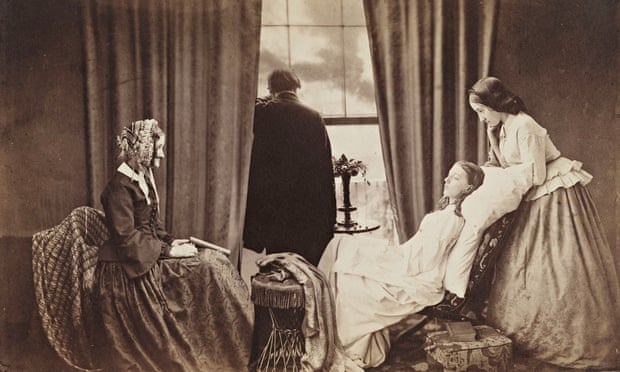How does grief work? Your former life still seems to exist, but you can’t get back to it. You feel panic, guilt, bewilderment. Hilary Mantel reflects on a universal process, examined in many books, among them a classic by CS Lewis

“No one ever told me that grief felt so like fear.” With his first line, CS Lewis’s A Grief Observed reacquaints his reader with the physiology of mourning; he brings into each mouth the common taste of private and personal loss. “I know something of this,” you think. Even if you have not experienced a “front line” bereavement, such as the loss of partner, parent or child, you have certainly lost something you value: a marriage or a job, an internal organ or some aspect of mind or body that defines who you are.
Perhaps you have just lost yourself on your way through life, lost your chances or your reputation or your integrity, or chosen to lose bad memories by pushing them into a personal and portable tomb. Perhaps you have merely wasted time, and seethe with frustration because you can’t recall it. The pattern of all losses mirrors the pattern of the gravest losses. Disbelief is followed by numbness, numbness by distraction, despair, exhaustion. Your former life still seems to exist, but you can’t get back to it; there is a glimpse in dreams of those peacock lawns and fountains, but you’re fenced out, and each morning you wake up to the loss over again.
Grief is like fear in the way it gnaws the gut. Your mind is on a short tether, turning round and round. You fear to focus on your grief but cannot concentrate on anything else. You look with incredulity at those going about their ordinary lives. There is a gulf between you and them, as if you had been stranded on an island for lepers; indeed, Lewis wonders whether a grieving person should be put in isolation like a leper, to avoid the awkwardness of encounters with the unbereaved, who don’t know what to say and, though they feel goodwill, exhibit something like shame.
More
Perhaps you have just lost yourself on your way through life, lost your chances or your reputation or your integrity, or chosen to lose bad memories by pushing them into a personal and portable tomb. Perhaps you have merely wasted time, and seethe with frustration because you can’t recall it. The pattern of all losses mirrors the pattern of the gravest losses. Disbelief is followed by numbness, numbness by distraction, despair, exhaustion. Your former life still seems to exist, but you can’t get back to it; there is a glimpse in dreams of those peacock lawns and fountains, but you’re fenced out, and each morning you wake up to the loss over again.
Grief is like fear in the way it gnaws the gut. Your mind is on a short tether, turning round and round. You fear to focus on your grief but cannot concentrate on anything else. You look with incredulity at those going about their ordinary lives. There is a gulf between you and them, as if you had been stranded on an island for lepers; indeed, Lewis wonders whether a grieving person should be put in isolation like a leper, to avoid the awkwardness of encounters with the unbereaved, who don’t know what to say and, though they feel goodwill, exhibit something like shame.
More
No comments:
Post a Comment